11 Hidden Dangers of Ignoring Your Septic Tank
Septic systems are essential for households not connected to municipal sewer lines, managing waste quietly and effectively beneath the surface. These systems may not always be visible, but their role is vital to maintaining health, safety, and comfort in the home. When properly maintained, they can last for decades. However, when neglected, septic tanks can quickly become a source of costly repairs, unpleasant conditions, and even dangerous health hazards.
According to This Old House, the majority of Americans link their home plumbing to a municipal sewage treatment facility, while about 25% rely on septic systems. If you are part of that 25%, your septic system requires routine care to avoid hidden dangers. In this article, we'll explore the many risks of ignoring your septic tank and why consistent maintenance is one of the smartest investments you can make as a homeowner.
1. Environmental Contamination Risks
One of the most serious dangers of neglecting septic tanks is environmental contamination. Septic systems are designed to separate solids from liquids, allowing treated wastewater to filter safely into the soil. When the tank is overloaded with solids, untreated wastewater can escape into the ground.
This contaminated water often carries harmful bacteria, nitrates, and chemicals. Once it seeps into the soil, it may find its way into streams, rivers, and lakes. Not only does this disrupt ecosystems, but it can also make water unsafe for recreation or agricultural use. In areas where local water sources are already strained, contamination from just one failing septic tank can create widespread issues.
2. Groundwater Pollution Concerns
For households that rely on wells, the danger is even greater. Groundwater provides drinking water to millions of Americans, and when it becomes polluted by a failing septic system, it carries pathogens directly into the home.
E. coli, Salmonella, and other dangerous microorganisms are commonly found in untreated sewage. Once ingested, these pathogens can cause severe illness. Regular pumping and inspections act as safeguards against this kind of contamination, ensuring that septic tanks never overflow or leak untreated waste into the water supply.
3. Health Hazards for Families
When septic systems back up or leak, raw sewage may enter the home or yard. This creates an immediate health hazard for anyone living in or visiting the property. Children and pets are especially vulnerable, since they are more likely to come into direct contact with contaminated soil or water.
Illnesses associated with sewage exposure include gastrointestinal infections, hepatitis, and skin rashes. Respiratory problems may also develop due to methane and hydrogen sulfide gases that accumulate when waste decomposes. A properly maintained septic system prevents these risks, keeping your family safe from exposure to harmful contaminants.
4. Structural Damage to Property
Neglected septic tanks can also compromise the structural integrity of your property. When wastewater saturates the soil around the tank and drain field, it creates excessive moisture near the foundation of your home. Over time, this weakens the base and may cause cracks in the foundation or basement walls.
Additionally, the weight of an overloaded or deteriorating tank can cause the surrounding ground to sink. In the most extreme cases, this leads to sinkholes forming in the yard. Both scenarios result in costly repairs that could have been avoided with routine maintenance.
5. Foul Odors and Reduced Comfort
One of the earliest warning signs of septic trouble is a persistent foul odor near drains, the tank, or the drain field. These odors are not only unpleasant but are also an indication that wastewater is not being processed correctly.
Ignoring these smells only allows the problem to escalate. Eventually, the odor may spread into the home, making daily life uncomfortable. Hosting guests becomes awkward, and outdoor gatherings are spoiled. Septic tanks should function silently and odor-free; when they don't, it's time for professional attention.
6. Expensive Emergency Repairs
Homeowners who delay septic maintenance often find themselves facing emergency situations. A backup into the home or a collapsed drain field cannot wait and must be addressed immediately. Emergency excavation and tank replacement costs can quickly climb into the tens of thousands of dollars.
In contrast, routine pumping and inspection every three to five years typically costs a fraction of that amount. By choosing preventive care, you save yourself the financial burden of emergency repairs while extending the lifespan of your septic system.
7. Damage to Landscaping and Outdoor Spaces
A neglected septic system doesn't just cause problems underground. It can also ruin your outdoor living space. When tanks overflow, wastewater may rise to the surface of the lawn. The excess water drowns grass, damages trees and shrubs, and creates muddy, unsafe areas in the yard.
Even after a repair, restoring landscaping can be costly. Driveways, patios, or garden beds may need to be excavated to reach pipes and drain fields. Taking care of your system before it fails protects both your investment in landscaping and your enjoyment of the outdoors.
8. Decreased Property Value
Real estate professionals agree that a failing septic system is one of the fastest ways to lose property value. Home inspections often include septic evaluations, and if problems are discovered, buyers may walk away or demand steep discounts.
A well-maintained septic system, on the other hand, signals to buyers that the property has been responsibly cared for. It can even be a selling point, since buyers won't have to worry about hidden sewage issues. If you plan to sell your home in the future, maintaining your septic tank is a must.
9. Legal and Regulatory Issues
Many states and municipalities regulate septic maintenance to protect public health. If your system leaks and contaminates local water supplies, you could face fines, penalties, or even lawsuits.
In some regions, homeowners are legally required to provide proof of septic maintenance when selling their property. Failing to comply with these laws can cause delays in real estate transactions. Staying up to date on inspections and pumping not only keeps your property safe but also ensures you remain in good standing legally.
10. Increased Risk of System Failure
Septic systems are designed to handle waste efficiently, but when solids build up, the entire process breaks down. Clogged pipes, damaged drain fields, and overloaded tanks all contribute to sudden system failure.
Once the drain field is damaged, it often cannot be repaired and must be replaced entirely. This level of failure shortens the lifespan of the system dramatically. Preventive care is the key to keeping the system balanced and functional.
11. Pest Infestations and Safety Hazards
Pooling wastewater attracts unwanted pests such as flies, mosquitoes, and rodents. These pests thrive in damp, nutrient-rich environments and can quickly turn a yard into a breeding ground.
Rodents may burrow into the weakened soil around a failing tank, and mosquitoes can spread dangerous illnesses such as West Nile virus or Zika. By avoiding septic neglect, you also prevent your property from becoming a haven for pests.
Septic systems may be out of sight, but they should never be out of mind. From environmental contamination and groundwater pollution to property damage, legal issues, and financial strain, the dangers of ignoring your septic tank are far-reaching. According to This Old House, while most Americans rely on municipal sewage treatment, about 25% of households depend on septic systems — making regular care an essential part of homeownership.
By investing in inspections, pumping, and responsible usage habits, you not only protect your family but also your property, your finances, and your community. Don't wait until warning signs appear. Schedule professional service with Reliable Septic & Services today and keep your septic tank functioning safely for years to come.
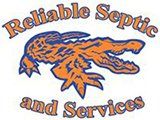
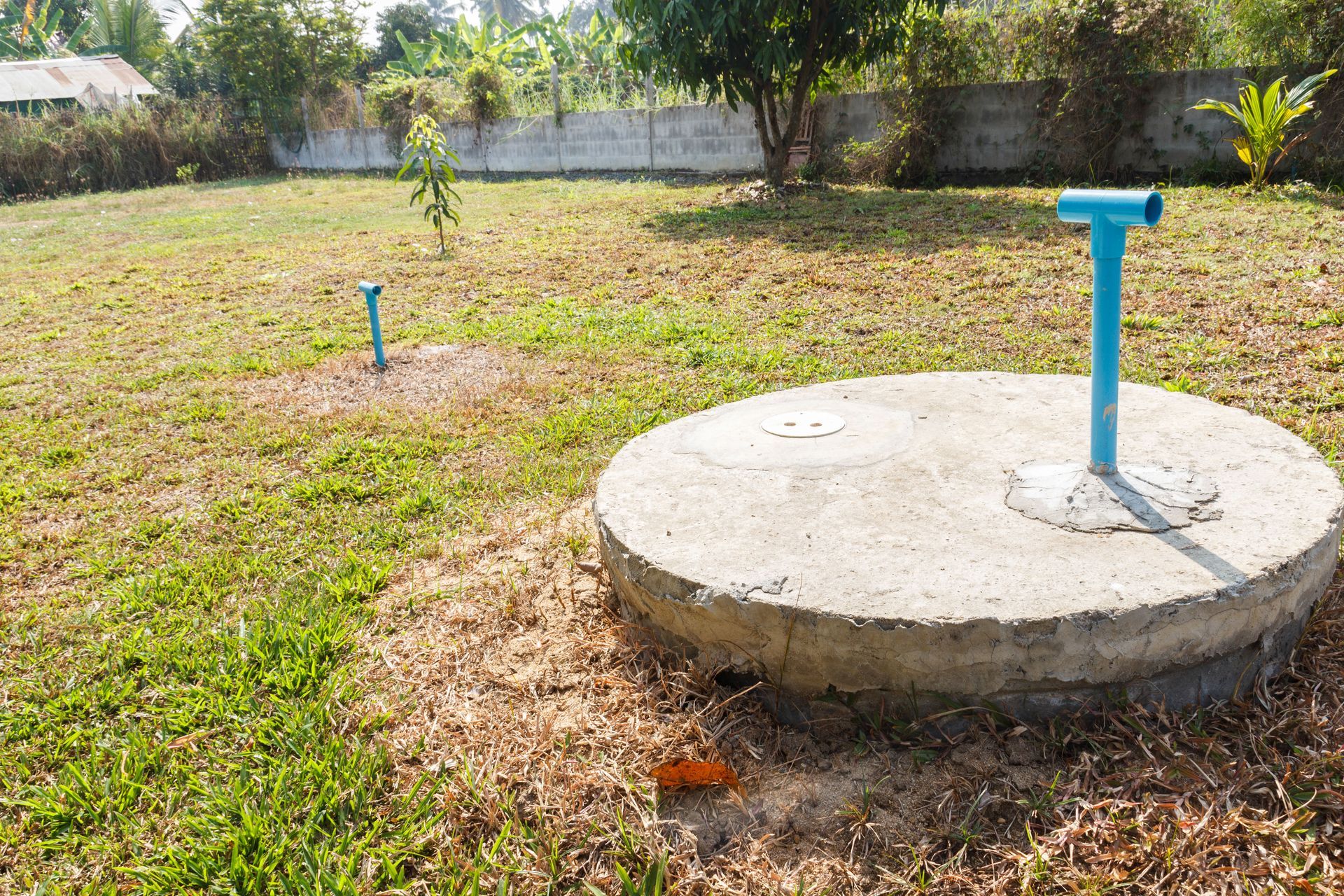
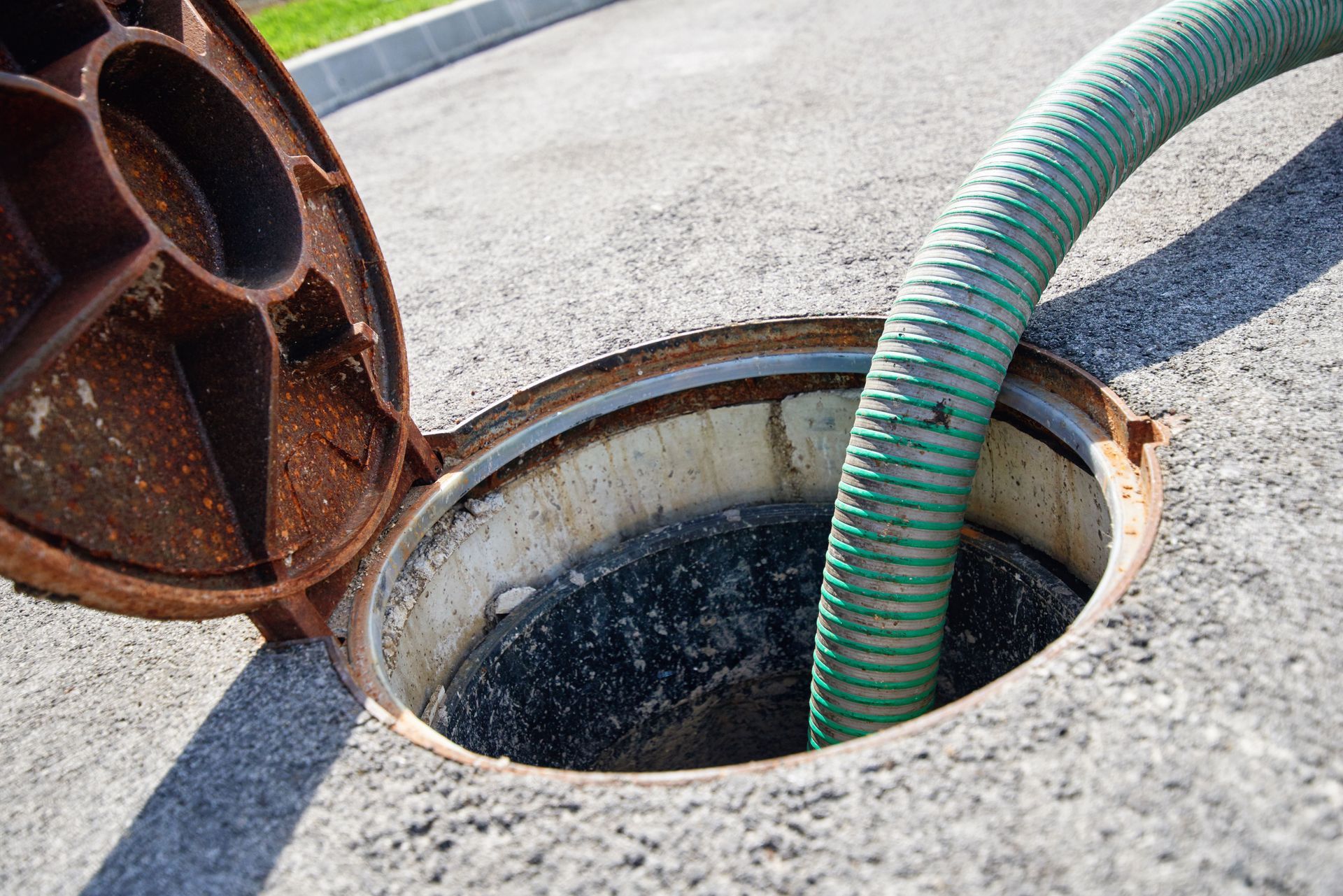
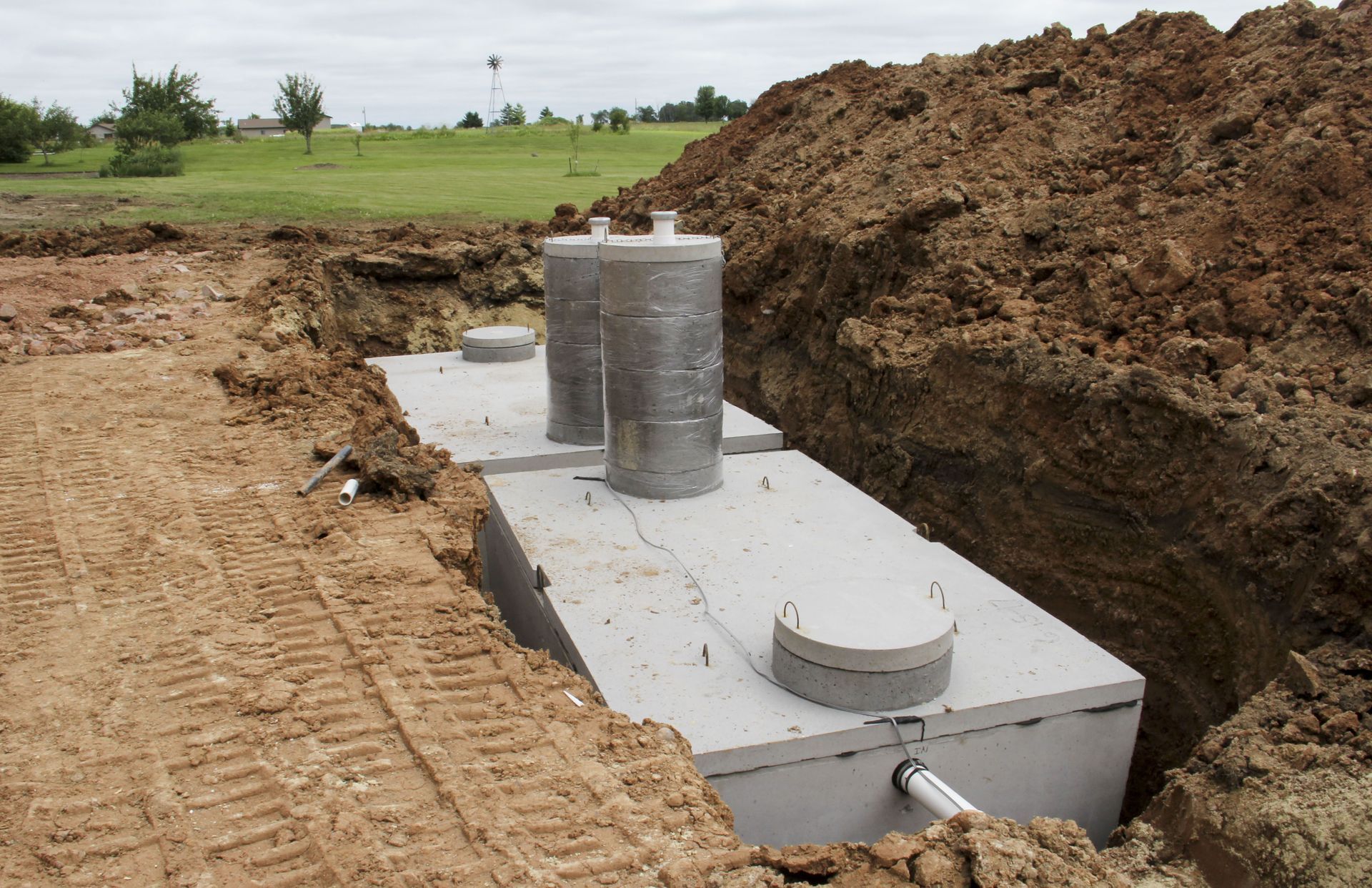
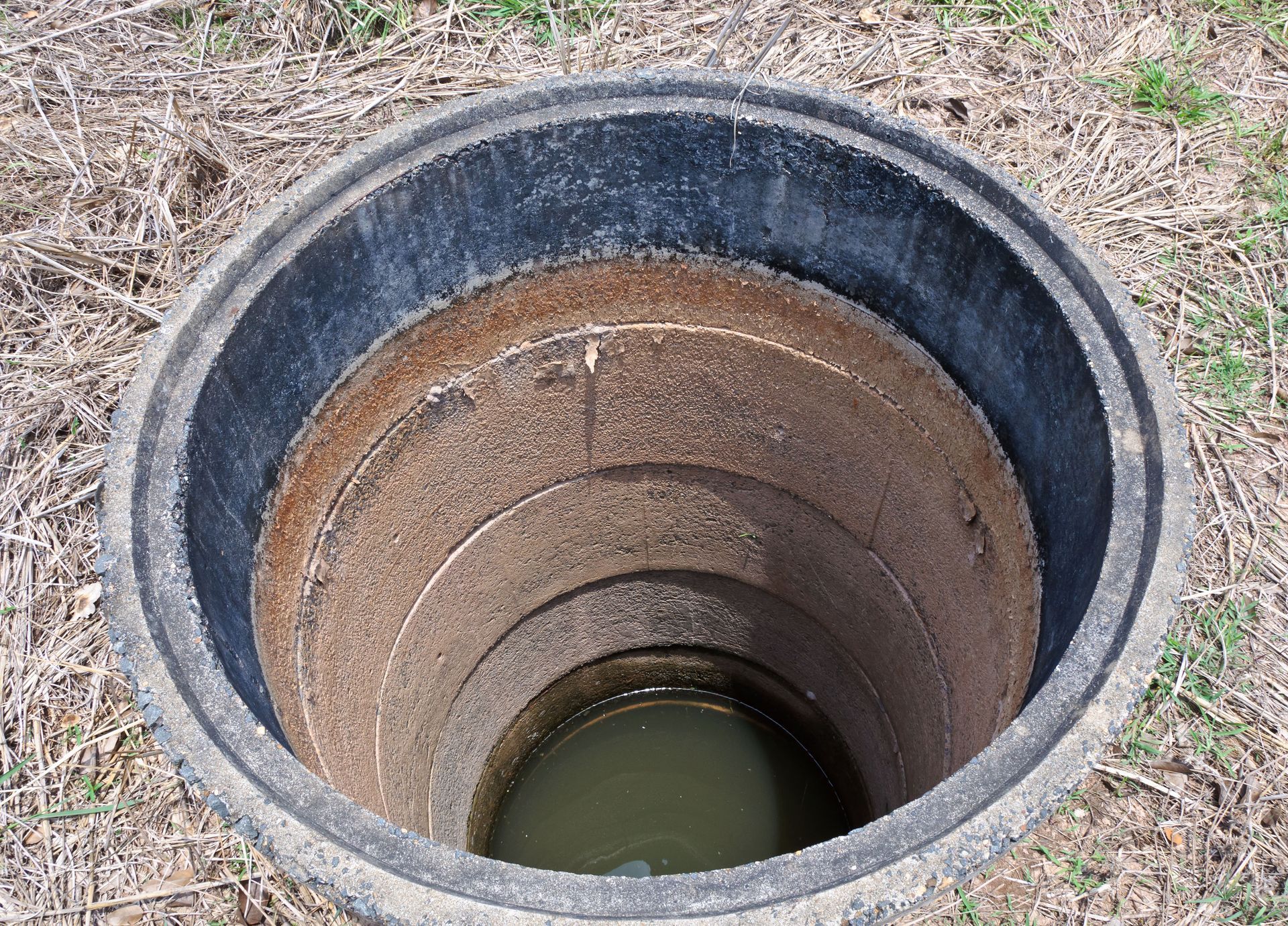
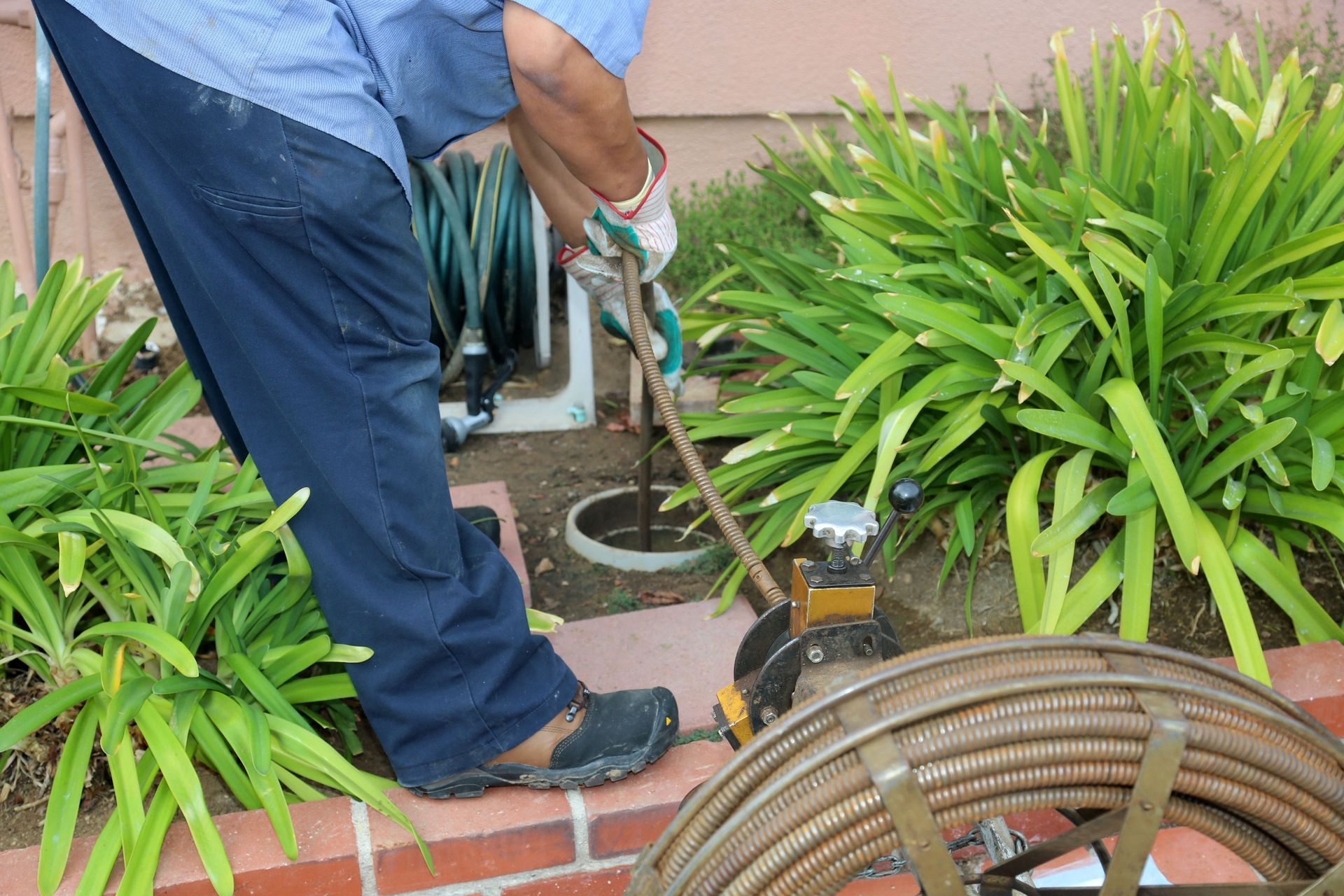
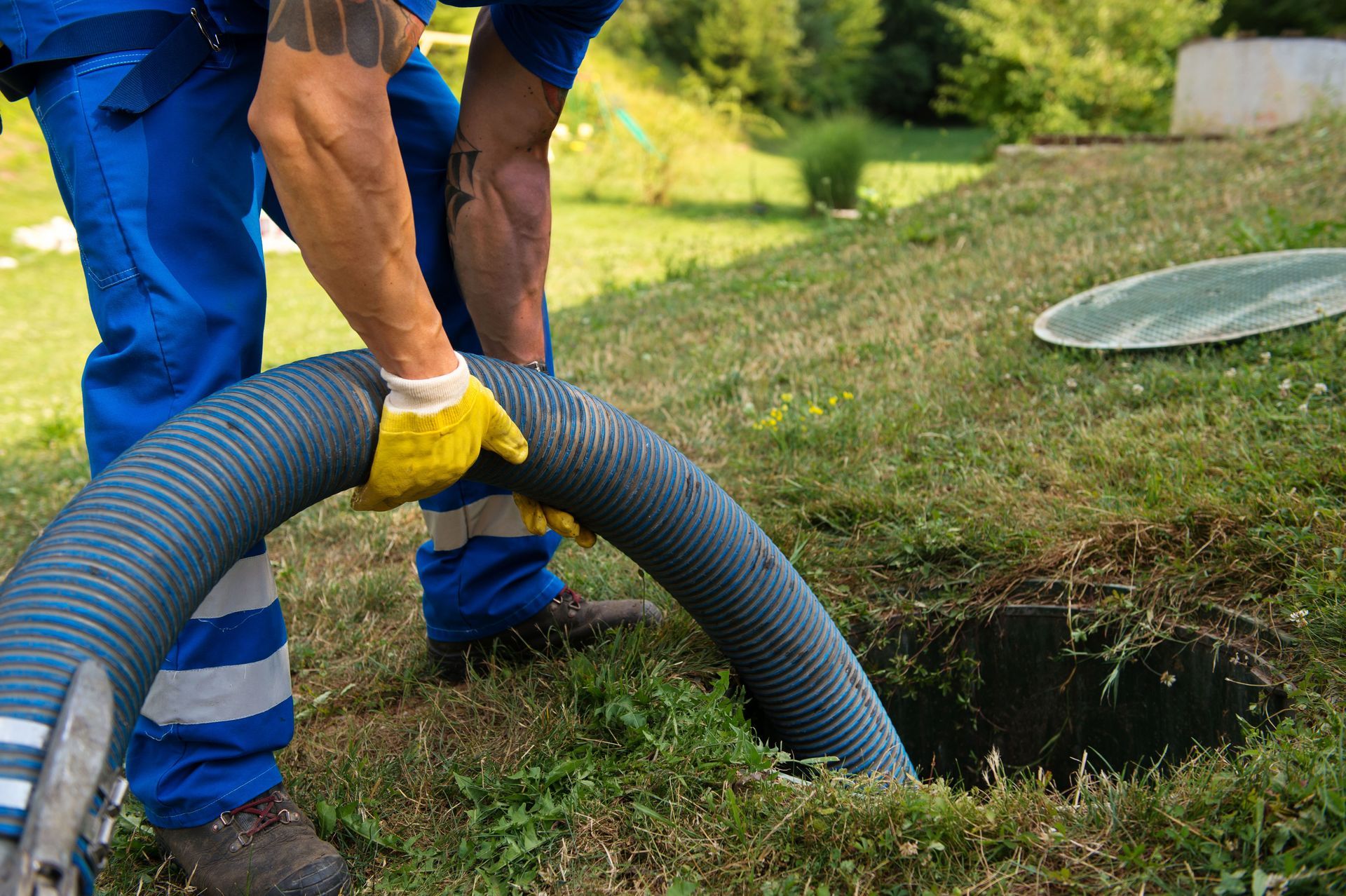
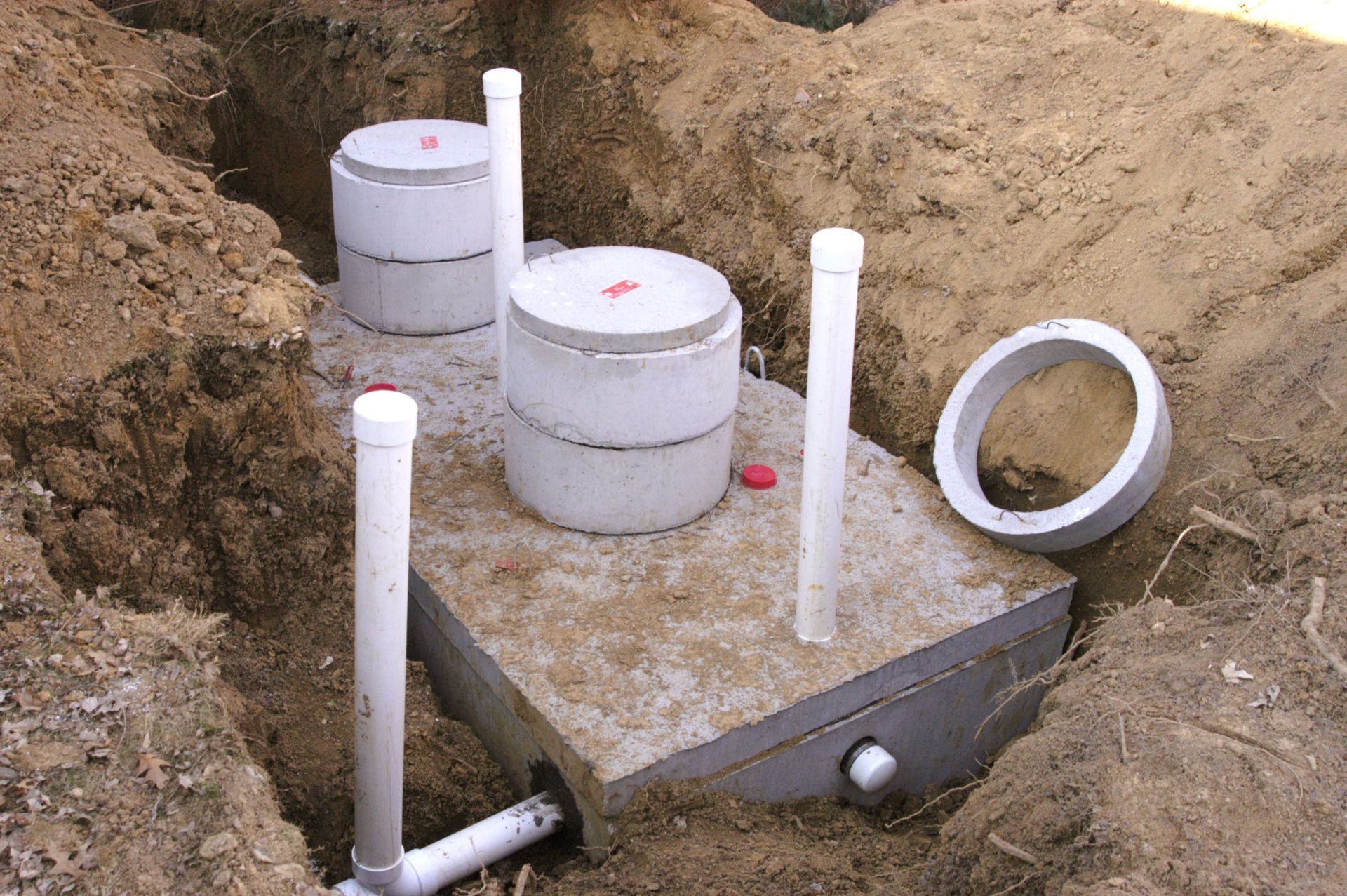
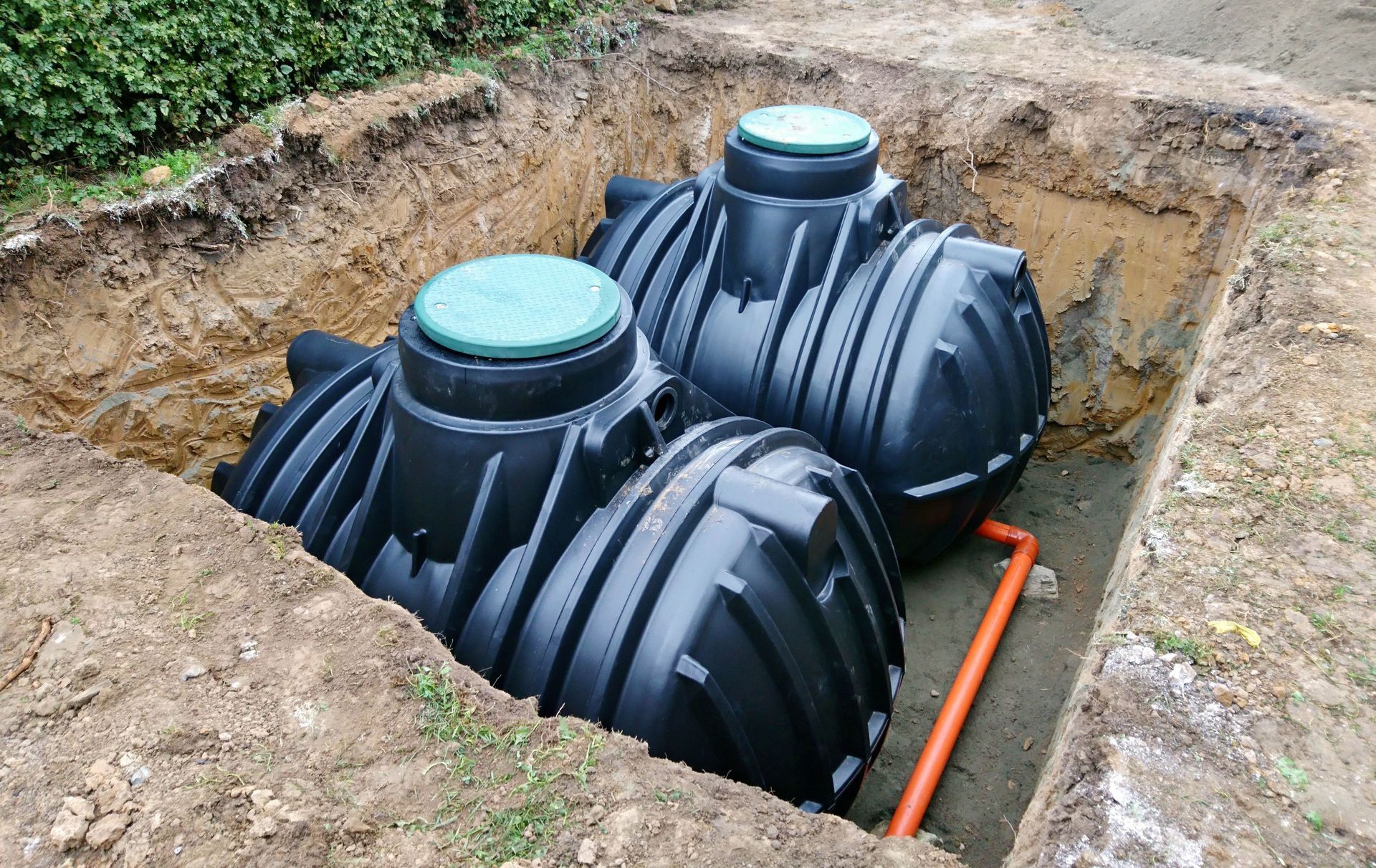
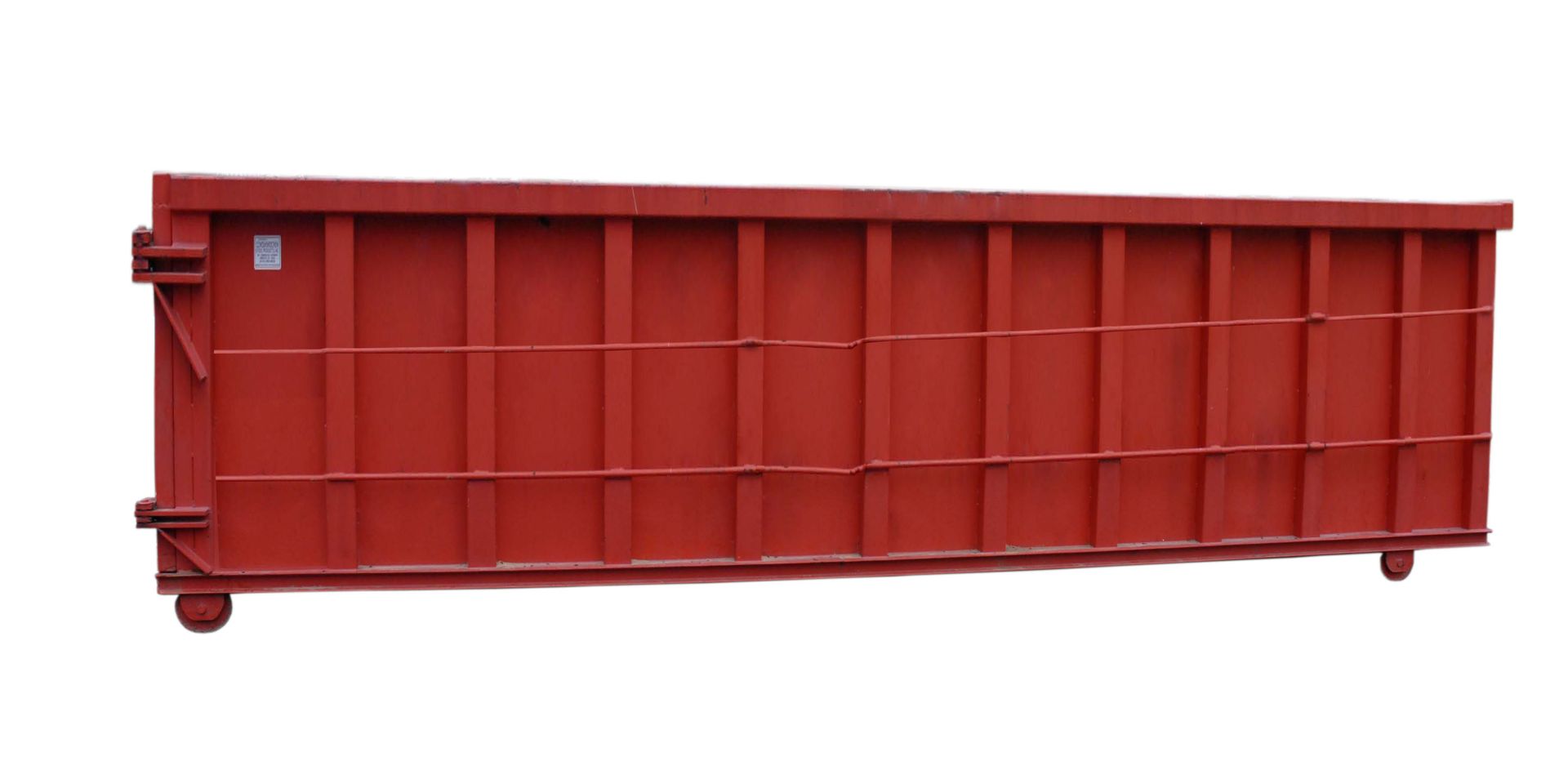
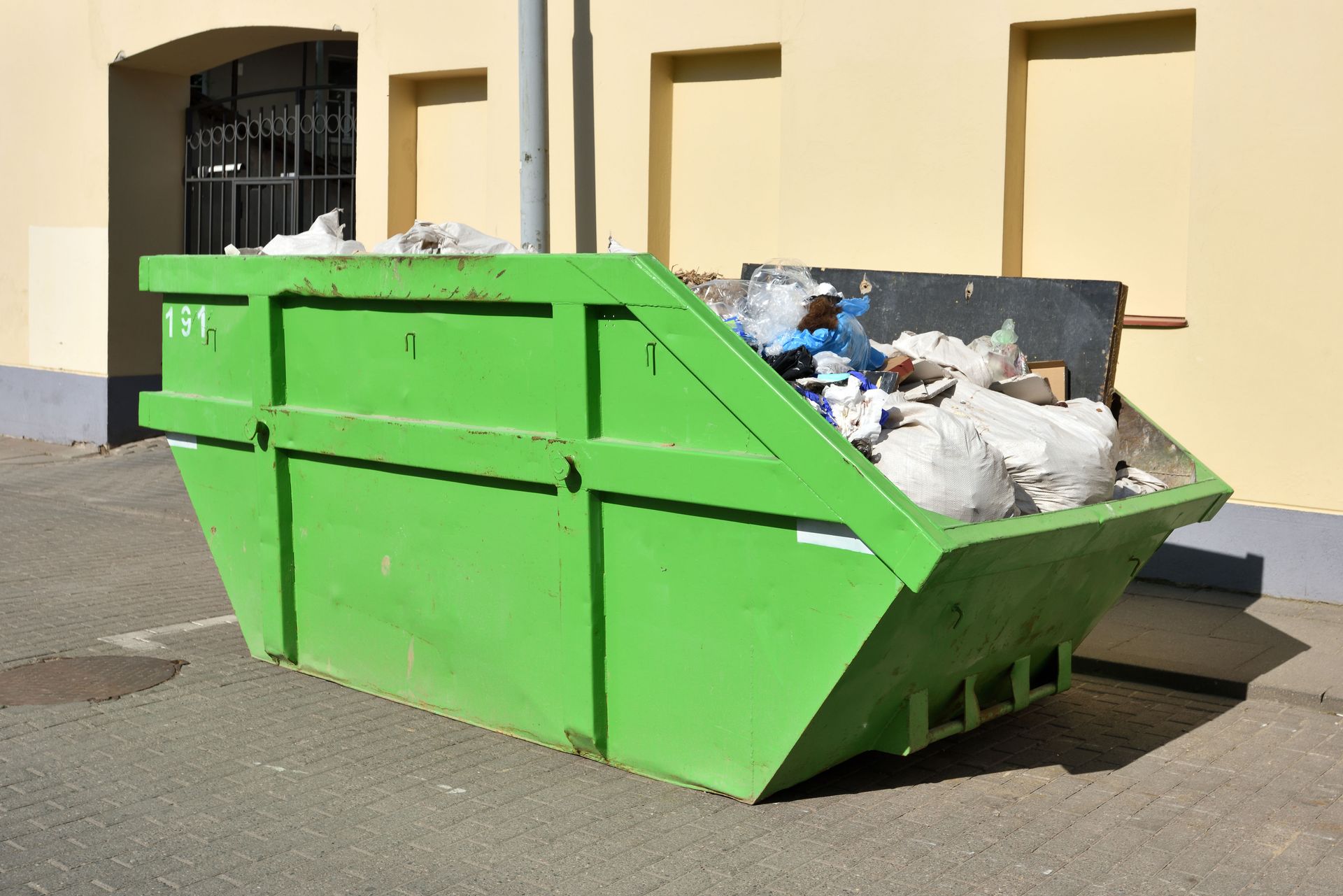
Share On: